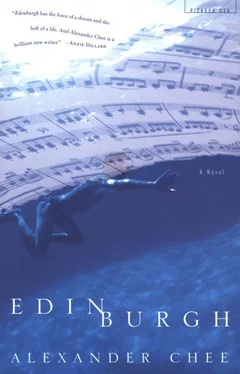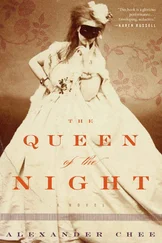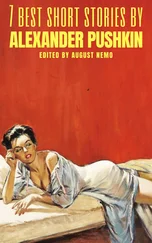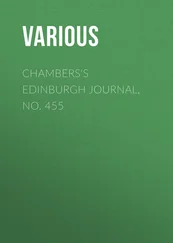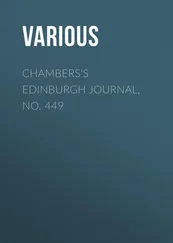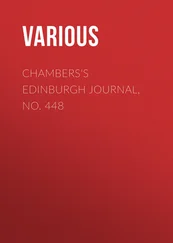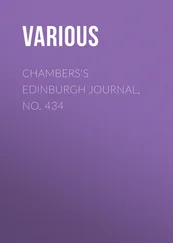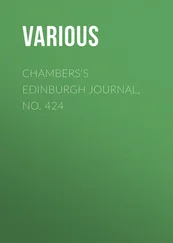No, I say.
I ask him to show me the collar on his ankle. Electronic, he can’t remove it. He’s tagged, like the animals in Mutual of Omaha Wild Kingdom. Here in his new home, a tiny cottage, in Belfast, Maine, he smiles. Pours me coffee. God, he says, looking at me. Milk?
Sure, I say.
My grandparents are driving the roads in search of antiques. So they say. I know this is a lie. My grandmother hates them. If they’re not inherited, she says, they’re just junk. We have breakfast together, this man and I. My father.
He sits, pushes his cup forward. Edward, he says. I want to answer any questions you have.
That was when I asked to see the bracelet. He pulls up the leg of his pant, where it shines, like a plastic baby snake. Huh, I say.
You’re so tall, he says.
Six feet and two inches, I say.
There aren’t any pictures on the walls yet. A mix of wildflowers in a glass Mason jar is the only color in the room. He’s a tall man, this father. His hair, going silver, gone in the middle. The forehead shines. His hands, large, white, soft. Some men go to prison and become huge, caricatures of muscle. He is thin, ruddy, his glasses occasionally gleam in such a way that his eyes are hidden. The lenses go white. Windows into a world made of some other light the sun’s not fathered.
What’s the most important thing I need to know about my son, he asks me, and I realize, I’ve just been watching him.
You, I say.
He tells me about how much my mother wanted to stay in the States, as he calls them, but how much she hated the idea of wearing a collar. Of neighbor notification. I’ll not walk beside my son in that, she said to him in a letter. They didn’t see each other much after the conviction. Epistles.
You are so handsome, he says finally. We walk the road. A skinny asphalt lane, no line in the center, even the trees look dry.
Thanks, I say.
23
Birds never know their fathers. After birth, under the mother, after learning to fly, they usually never know how they share the sky with their father. Their father, careening after the same school of fish seaming the water below. Is there a memory, as the father cuts through the same cloud?
They all said it would be like this. Alyssa says it, back straight, carrying a duffel bag into my room. She empties it by my closet door.
Like what, I say. I am reading on my bed. I set the book down.
That you’d just stop. One day, you’d just vanish, and it would be over.
I’m here, I say.
So you say, she says. So you say.
All right then, I say. It’s over. Are you happy now? I stand up and walk over to the bag. Is everything really here? Let me check. I look over the books, the CDs. A bead necklace with my name strung on it. All right, I say. I stand up and she’s crying now, but it’s not enough. She needs to be far away. Before something worse happens. I haven’t disappeared, but she has.
Can you leave now, I say. It’d be better.
I take the things she’s brought back down to the laundry room, with a sign that says, please take. They all look like something I’ve never seen or owned, stuff someone else left behind, dingy with strangeness. Except the necklace.
I know him in the dark.
In the chapel he sits waiting for me. No candle.
What is it you want, he says. He doesn’t turn to look my way. You really can’t tell, I say.
He doesn’t move. He sits still, like the hill we are on, as if he were a part of it. A rock in a coat.
I’m in love with you, I say. In the dark, my wings ride inside the shadow. Here in the shadow the earth casts, my wings, large as my love, extend to the upper reach of the sky. The boy I am is small, made to fly on wings the size of the sky.
I step beside him, slide onto the cold stone bench. Fee, I say.
I have to go, he says. And is gone. I sit for a while, as the heat of him disperses into the air, the stone, me. He thinks he can leave me by leaving me.
The next note I leave for him I leave in his campus mail. I’ve seen Bridey leave him notes. Campus mail is fairly unprotected: the honor code means, no locked doors. Nothing is ever stolen. That’s not the danger in Mr. Zhe’s mail today. The Whites are out of town, and asked me to house-sit for them. I know that nothing can happen in the dorms, but in the Whites’ house, a few things seem possible. I just need one more chance. And so I make it. I walk to the wooden honeycomb of mailboxes and slip the note inside, folded just like I’ve seen Bridey fold his. So that it perches there, almost origami: crisp and geometrical. I write only the address and a time, typed on a typewriter I find in the typing room of the town library.
The time between then and when he arrives presses on me. So much so that I wait outside, in the dark, across the street. I can’t wait in that house without him. I smoke and wait in the dark. I don’t have to wait long, though it feels, when he arrives, that I am another age, a new age that I’ve never been. Suddenly older. I walk across the street, crushing the cigarette as I go.
He turns.
His panic makes me sad. He tries very hard, I can see. To act as if I am just his student, he just my teacher. My coach. Hey, I say. It feels a fraud as soon as I say it. I pull the keys out. And the cold sweeps us into the warm house. I try not to cry and am successful. And this makes the difference, I think. Through the warm house, the dry house, the house usually full of children’s sharp noises, we slip, quiet, and in the Whites’ bedroom I let myself fall onto the bed.
I’m not as pretty as Bridey, I know this. But it doesn’t matter. Not anymore. He kisses me like he’s tasting something strange. and for a moment, I remember, the bird, and my heart tatters. I worry that he will taste the bird, hit it with his tongue. But the bird lies quiet tonight. Tonight I get everything I have wanted. For the first time.
24
My father is a Mainer. He doesn’t lock his doors. I have questions, too many to ask. And so he wakes up in the night at some point and comes down to find me in his living room. What the fuck is this, I say.
I hold the pictures out in my hand, fanned like poker cards. I’ve been looking at them all, looking for some reason to understand what made me. The two of you, I ask.
He’s frozen in the doorway, like victims in those goofy movies where criminals gain control over the mechanism of time. Did you hear me, I ask. I toss the pictures down, and they scatter, as if trying to get away from each other. From him. From me. Answer me, I say, and stand up, and reach for the first weapon I can find. The lamp’s shade falls like a hat, the bare bulb shines.
Answer me! I walk to the wall and plunge the lamp bulb-first into the wall. Answer! Me! The glass pops, the drywall singes, the lamp sits there, hung in the wall. I pull it out and throw it at the window, and it carries the broken glass with it into the yard. I grab the box of pictures and toss them out after it, and they spread on the lawn.
I look back at him and he’s still frozen. The dark room shows him better than the light did and I register now, the beetled brow, the eyes. Why did eighteen boys keep quiet as he ran his hands over them? These eyes, each a knife. Silence shrinks me. I want their names, I want to know, want to find each one of them. Give each one of them a piece of him.
In the dark quiet room my wings return to me. Yeah, I say. Come on. I unbutton my shirt. C’mon. I open the shirt totally, the cold air a blade laid on my skin. You’re a fuck-face! You and her both! Do you know what I want from you?
Leave, he says.
I want you dead, I say.
Leave now.
Children, I say. It would’ve been like eating them.
You don’t know what it was like, he says. And you need to leave.
Читать дальше
